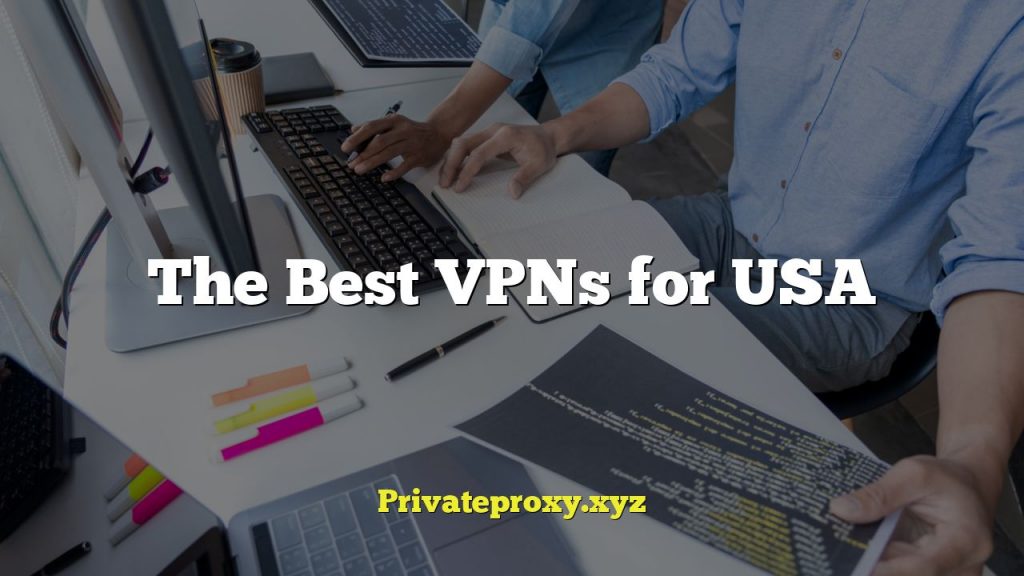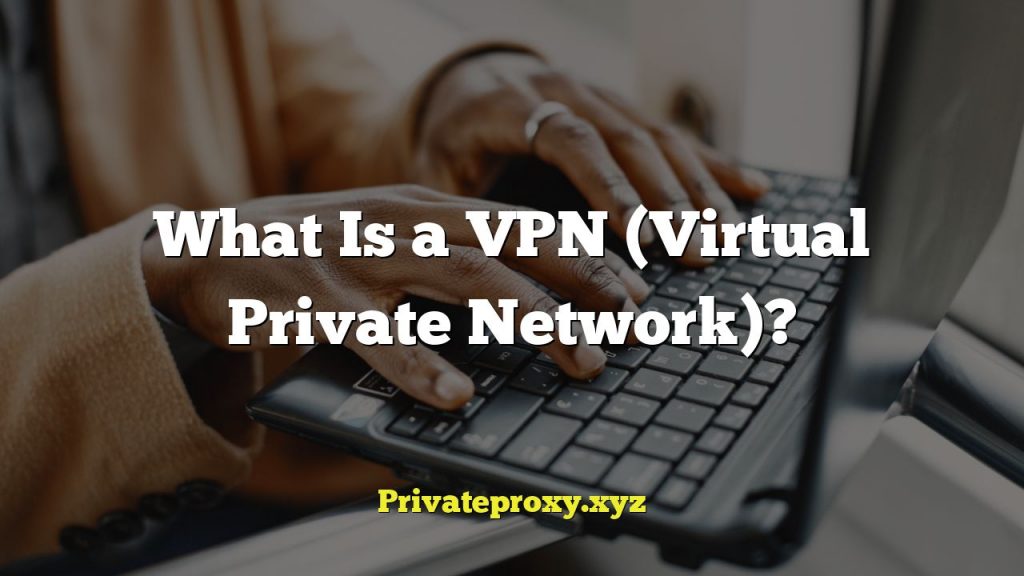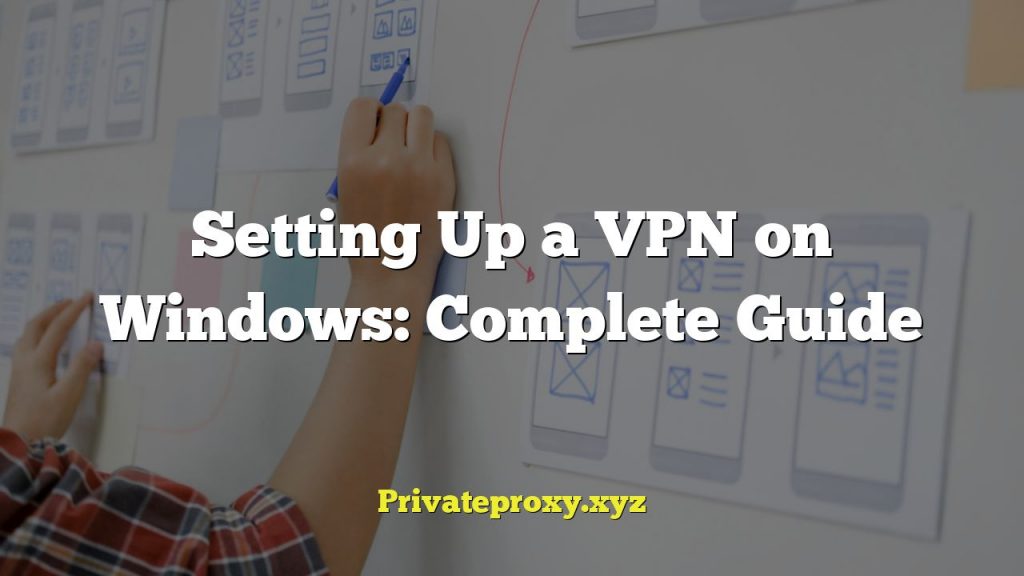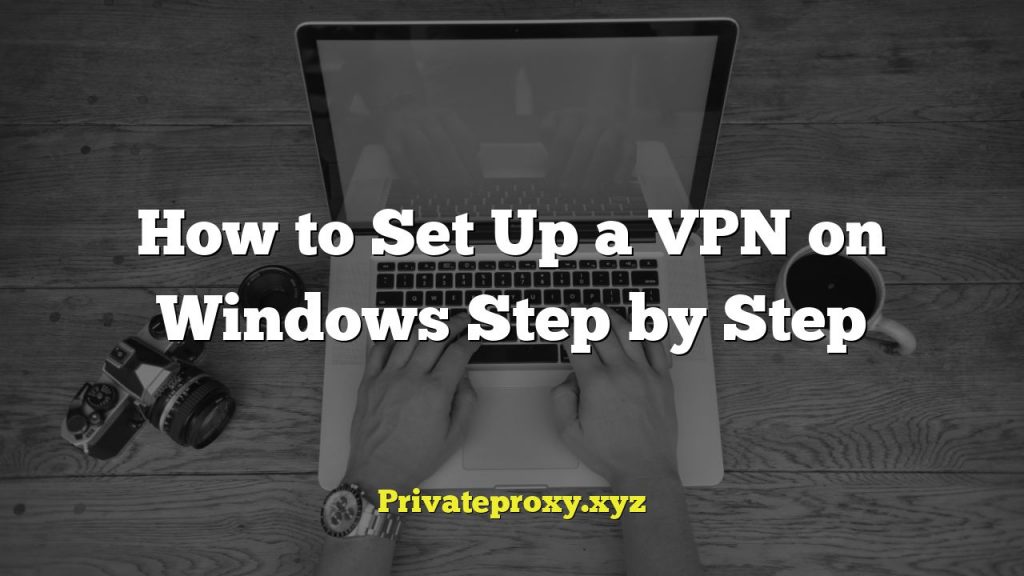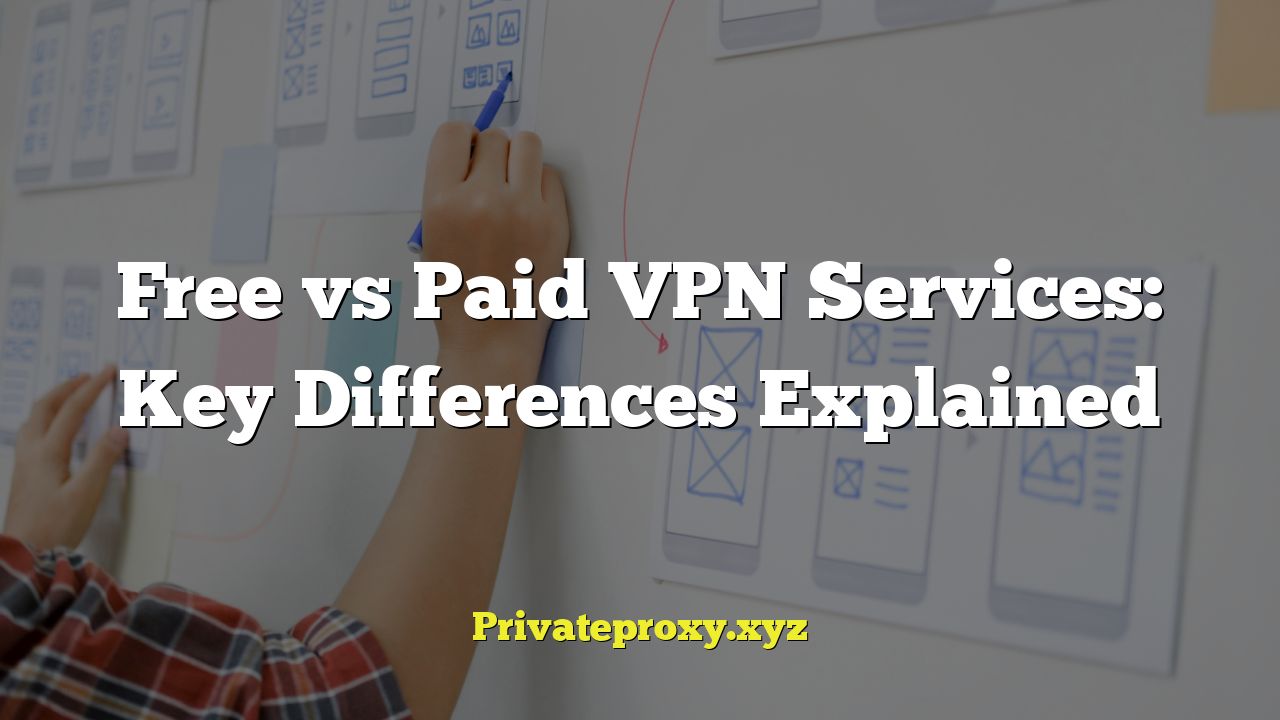
Free vs Paid VPN Services: Key Differences Explained
When it comes to online security and privacy, Virtual Private Networks (VPNs) have become increasingly popular. They offer a way to encrypt your internet traffic, mask your IP address, and bypass geo-restrictions. However, the VPN market is flooded with options, ranging from completely free services to premium paid subscriptions. Choosing the right VPN can be daunting, especially when weighing the costs and benefits of free versus paid options. This article delves into the key differences between free and paid VPN services, helping you make an informed decision based on your needs and priorities.
Performance: Speed and Bandwidth
One of the most significant differences between free and paid VPNs lies in their performance, particularly in terms of speed and bandwidth.
- Speed: Free VPNs often impose speed limitations to encourage users to upgrade to their paid plans. This can result in significantly slower browsing, streaming, and downloading speeds compared to paid VPNs. Overcrowded servers and limited bandwidth contribute to this issue.
- Bandwidth: Many free VPNs cap the amount of data you can use per day or month. This can be a major limitation if you plan to use the VPN for streaming, downloading large files, or engaging in other data-intensive activities. Paid VPNs typically offer unlimited bandwidth, allowing for unrestricted usage.
- Server Load: Free VPN servers are often overloaded with users, leading to congestion and slower speeds. Paid VPNs invest in more robust infrastructure and server networks to handle user demand, resulting in more stable and faster connections.
Security and Privacy: Protecting Your Data
While both free and paid VPNs aim to protect your online activity, the level of security and privacy they provide can vary significantly.
- Encryption Standards: Paid VPNs typically use robust encryption protocols like AES-256, which is considered military-grade. Free VPNs may use weaker encryption or no encryption at all, leaving your data vulnerable to interception.
- Logging Policies: This is a crucial area. Paid VPNs generally have strict no-logs policies, meaning they don’t track or store your browsing history, IP address, or other personal information. Free VPNs, on the other hand, often log your activity to sell your data to third parties for advertising or other purposes. This completely defeats the purpose of using a VPN for privacy.
- Malware and Ad Injection: Some free VPNs inject malware or intrusive ads into your browsing sessions. This can compromise your security and privacy, exposing you to potential threats. Paid VPNs typically have measures in place to block malware and ads.
- IP Leakage: DNS and WebRTC leaks can expose your real IP address even when you’re connected to a VPN. Paid VPNs have advanced leak protection features to prevent this from happening. Free VPNs may not offer the same level of protection, potentially compromising your anonymity.
- Transparency and Audits: Reputable paid VPNs often undergo independent security audits to verify their no-logs policies and security practices. This provides users with assurance that their data is being handled responsibly. Free VPNs rarely undergo such audits.
Server Locations: Geographic Reach
The number and distribution of server locations offered by a VPN determine its ability to bypass geo-restrictions and access content from different regions.
- Number of Servers: Paid VPNs generally have a larger network of servers located in numerous countries around the world. This allows you to choose a server location closer to your actual location for faster speeds or to connect to a server in a specific country to access geo-restricted content. Free VPNs typically have a limited number of servers, often concentrated in a few popular locations.
- Geographic Diversity: Paid VPNs offer servers in a wider range of countries, including regions with stricter internet censorship. This gives you greater flexibility to bypass restrictions and access content from anywhere in the world. Free VPNs may only offer servers in a few countries, limiting your ability to bypass geo-restrictions.
- Server Quality: Paid VPNs invest in high-quality servers that are optimized for performance and reliability. Free VPN servers may be less reliable and prone to downtime, leading to interruptions in your browsing experience.
Features and Functionality: Additional Tools
Paid VPNs often come with a range of additional features and functionalities that enhance your online security and privacy.
- Kill Switch: A kill switch automatically disconnects your internet connection if the VPN connection drops, preventing your data from being exposed. This is a crucial feature for maintaining privacy in case of unexpected connection issues. Paid VPNs typically include a kill switch, while free VPNs may not.
- Split Tunneling: Split tunneling allows you to choose which apps or websites use the VPN connection and which use your regular internet connection. This can be useful for optimizing performance or accessing local content while still using the VPN for sensitive activities. Paid VPNs often offer split tunneling, while free VPNs typically don’t.
- Dedicated IP Addresses: Some paid VPNs offer dedicated IP addresses, which are unique IP addresses assigned only to you. This can improve your online reputation and reduce the likelihood of being blocked by websites or services. Free VPNs don’t offer dedicated IP addresses.
- Multi-Hop Connections: Multi-hop connections route your internet traffic through multiple VPN servers, adding an extra layer of encryption and anonymity. Paid VPNs often offer multi-hop connections, while free VPNs typically don’t.
- Ad and Malware Blocking: Many paid VPNs include built-in ad and malware blocking features, providing an additional layer of security and improving your browsing experience.
- Customer Support: Paid VPNs typically offer responsive customer support through email, live chat, or phone. This can be invaluable if you encounter any issues with the VPN. Free VPNs often have limited or no customer support.
Limitations of Free VPNs: Hidden Costs
While the allure of a free VPN is undeniable, it’s crucial to understand the hidden costs and limitations that come with these services.
- Data Harvesting: As mentioned earlier, many free VPNs log your browsing activity and sell your data to third parties. This is a primary source of revenue for these services and directly contradicts the purpose of using a VPN for privacy.
- Adware and Malware: Some free VPNs bundle adware or malware into their apps, exposing you to potential security threats. This can damage your device and compromise your personal information.
- Limited Features: Free VPNs typically offer a limited set of features compared to paid VPNs. You may not have access to a kill switch, split tunneling, or other advanced features that enhance your online security and privacy.
- Unreliable Performance: Free VPNs often suffer from slow speeds, limited bandwidth, and unreliable connections. This can make them unsuitable for streaming, downloading, or other data-intensive activities.
- Questionable Security Practices: Some free VPNs have been found to have serious security vulnerabilities, such as IP leaks or weak encryption. This can expose your data to hackers and other malicious actors.
- Lack of Transparency: Many free VPNs lack transparency about their logging policies, security practices, and ownership. This makes it difficult to trust them with your data.
Pricing Models of Paid VPNs: Finding the Right Plan
Paid VPNs typically offer a variety of pricing plans, allowing you to choose the option that best suits your needs and budget.
- Subscription Length: Most paid VPNs offer subscriptions ranging from monthly to yearly or even longer. Longer subscriptions typically come with significant discounts.
- Number of Devices: Some paid VPNs allow you to connect multiple devices simultaneously, while others limit the number of devices you can use. Consider how many devices you need to protect when choosing a plan.
- Features Included: Different pricing plans may include different features, such as dedicated IP addresses, multi-hop connections, or ad blocking. Choose a plan that includes the features you need.
- Money-Back Guarantees: Many paid VPNs offer money-back guarantees, allowing you to try the service risk-free for a certain period. This is a great way to test the VPN and see if it meets your needs before committing to a long-term subscription.
- Payment Options: Paid VPNs typically accept a variety of payment options, including credit cards, PayPal, and cryptocurrencies. Cryptocurrencies offer an added layer of privacy.
When to Choose a Free VPN: Specific Use Cases
While paid VPNs generally offer superior security, privacy, and performance, there are some specific situations where a free VPN might be sufficient.
- Temporary Use: If you only need a VPN for a short period, such as when traveling or using public Wi-Fi, a free VPN might be a viable option. However, be sure to choose a reputable free VPN and understand its limitations.
- Basic Browsing: If you only need a VPN for basic browsing activities, such as checking email or reading news articles, a free VPN might suffice. However, avoid using a free VPN for sensitive activities, such as online banking or shopping.
- Circumventing Basic Geo-Restrictions: If you only need to bypass basic geo-restrictions, such as accessing a website that is blocked in your region, a free VPN might be sufficient. However, free VPNs may not be able to bypass more sophisticated geo-restrictions.
- Testing a VPN: Some free VPNs offer a limited free version of their paid service, allowing you to test the VPN and see if it meets your needs before upgrading to a paid subscription.
Conclusion: Making the Right Choice
The choice between a free and paid VPN depends on your individual needs, priorities, and budget. If you prioritize security, privacy, speed, and reliability, a paid VPN is the clear winner. Paid VPNs offer robust encryption, strict no-logs policies, a wider range of server locations, and additional features that enhance your online security and privacy. While free VPNs may seem appealing due to their lack of cost, they often come with hidden costs and limitations that can compromise your security and privacy. By understanding the key differences between free and paid VPN services, you can make an informed decision that protects your online activity and provides you with a secure and private browsing experience. Always remember to research thoroughly and choose a VPN provider with a proven track record of security and trustworthiness.
